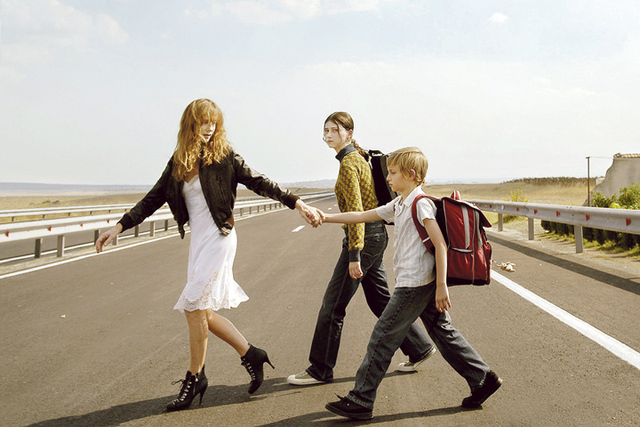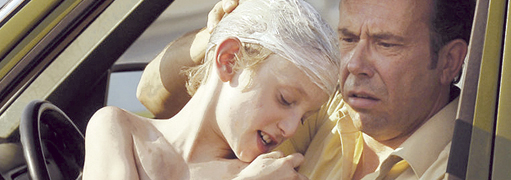Film Review: Home: Can You Make A Road Movie Without Actually Going Anywhere?
Off-Kilter Parable Asks, Can You Make A Road Movie Without Actually Going Anywhere?


kids.”
Latest Article|September 3, 2020|Free
::Making Grown Men Cry Since 1992


kids.”